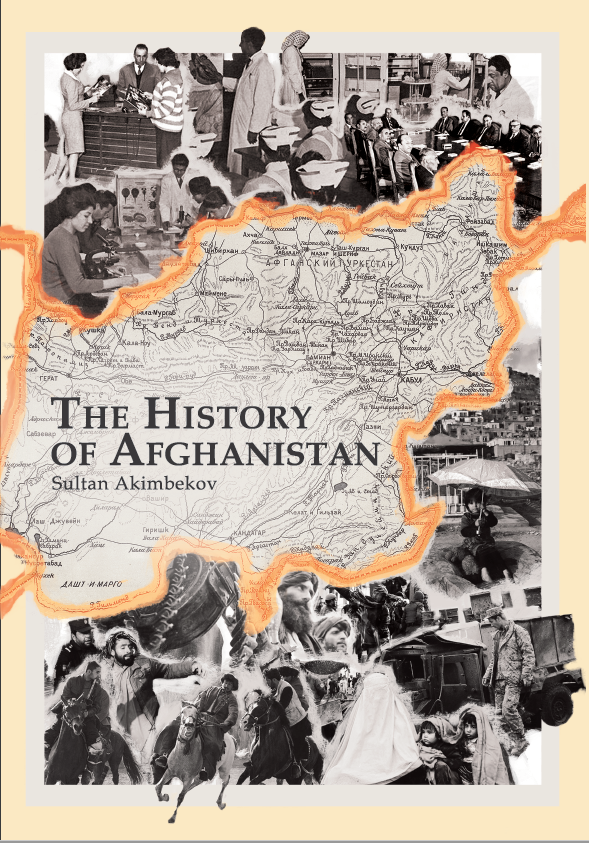 For several decades now, people around the world have shown tremendous interest in Afghanistan. This country has been continuously struggling with a legacy of protracted wars, political tensions and religious confrontation. To this day, Afghanistan remains a bleeding wound left by the Cold War. This country’s recovery, establishment of a stable and robust government there remains a task of the highest importance not only for Afghanistan itself, but for the entire world community.
For several decades now, people around the world have shown tremendous interest in Afghanistan. This country has been continuously struggling with a legacy of protracted wars, political tensions and religious confrontation. To this day, Afghanistan remains a bleeding wound left by the Cold War. This country’s recovery, establishment of a stable and robust government there remains a task of the highest importance not only for Afghanistan itself, but for the entire world community.
In Sultan Akimbekov’s new book, the history of Afghanistan is presented as a coherent whole. It includes not only the history of the state and its peoples, but also the history of the territory itself, which in many ways sets the parameters of the state and the principles upon which it is organized. The chronicles of Afghanistan are also the history of the outside world, since it shapes the boundaries and charts the direction of its development. This is the history of rulers searching for the best ways to develop their country and the mistakes they made along the way. This is a book about wars and clashing political interests, both inside and outside Afghanistan.
The author strives to answer the most difficult questions pertaining to various periods of Afghanistan’s history — from a peripheral frontier territory between the mighty empires of India, Iran and Central Asia to the formation of a full-fledged state; from the Anglo-Afghan wars to the Taliban movement; from the Great Game between the British and Russian empires to the geo-political tensions between Iran, Pakistan, the United States and Russia.
The history of Afghanistan is also closely related to reform experiences: how the country can manage a top-down modernization, what problems await it along that path and why it can sometimes fail to carry the weight of its responsibilities.
